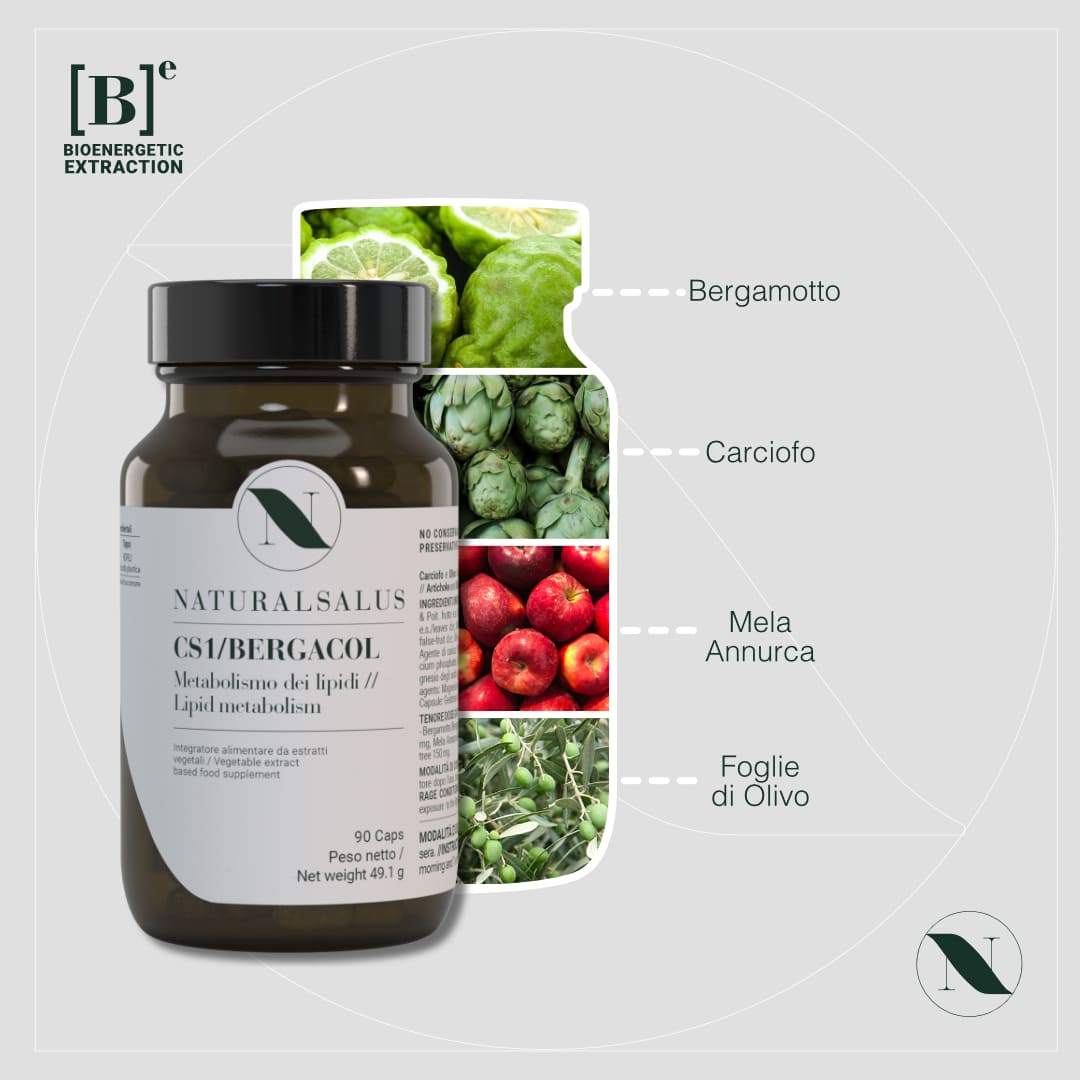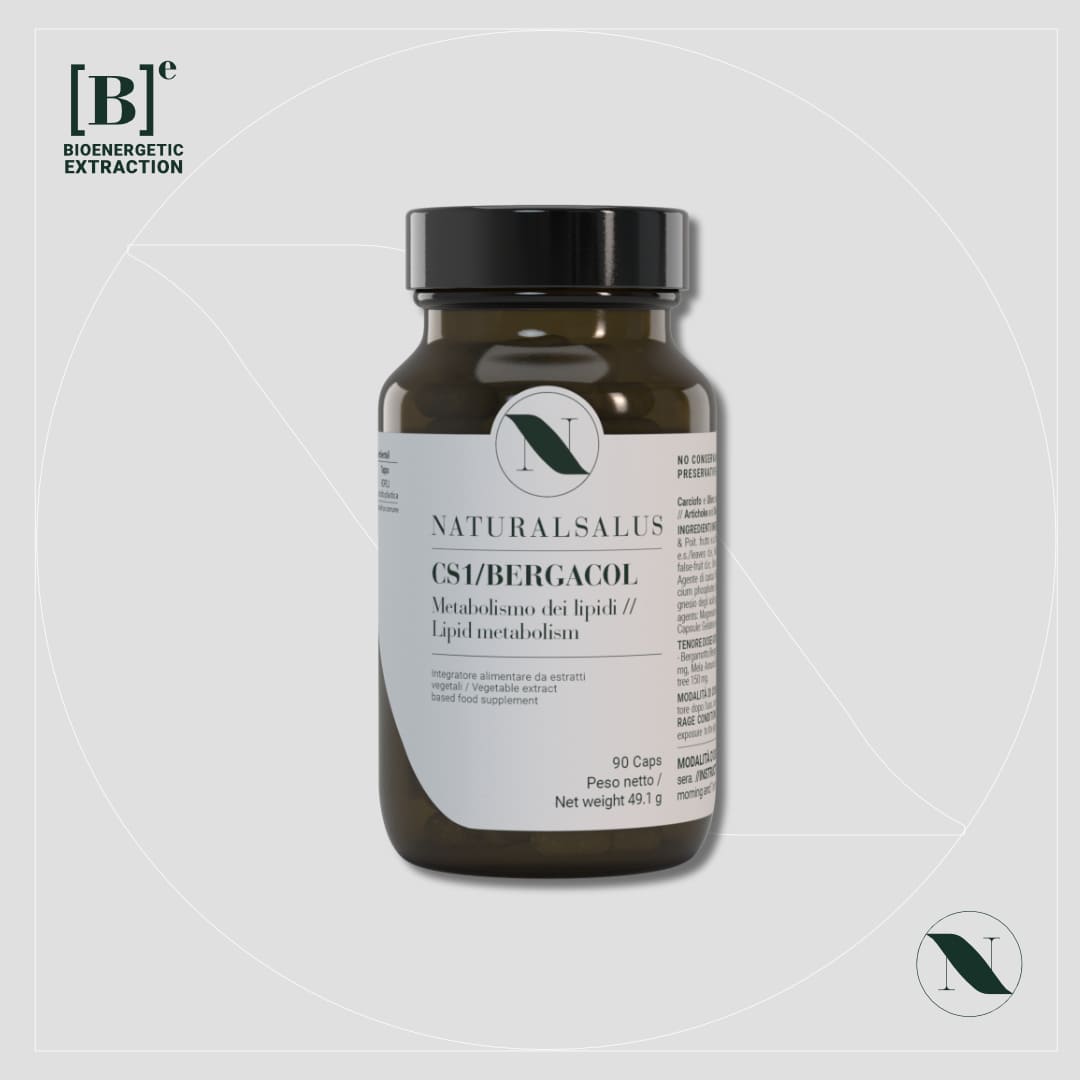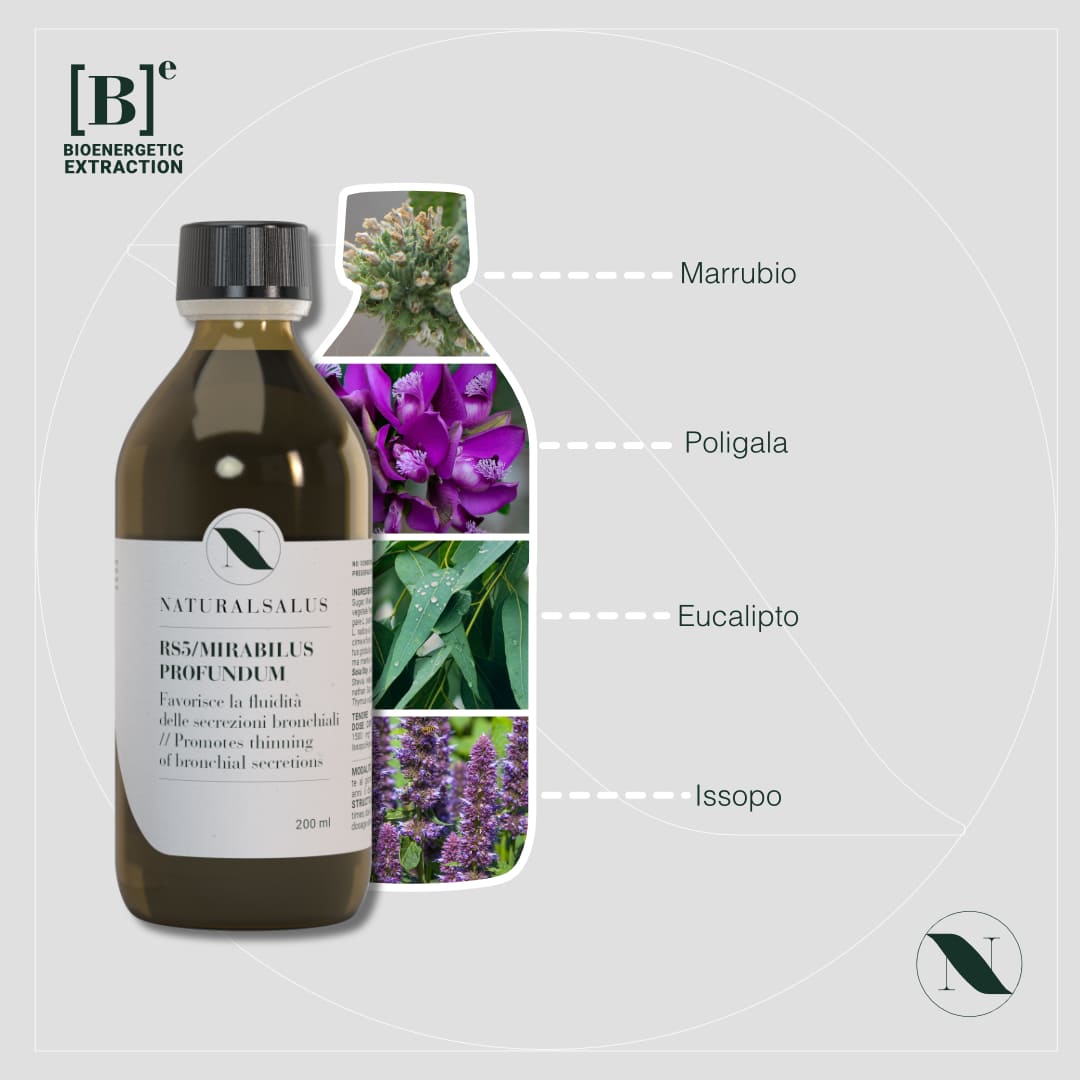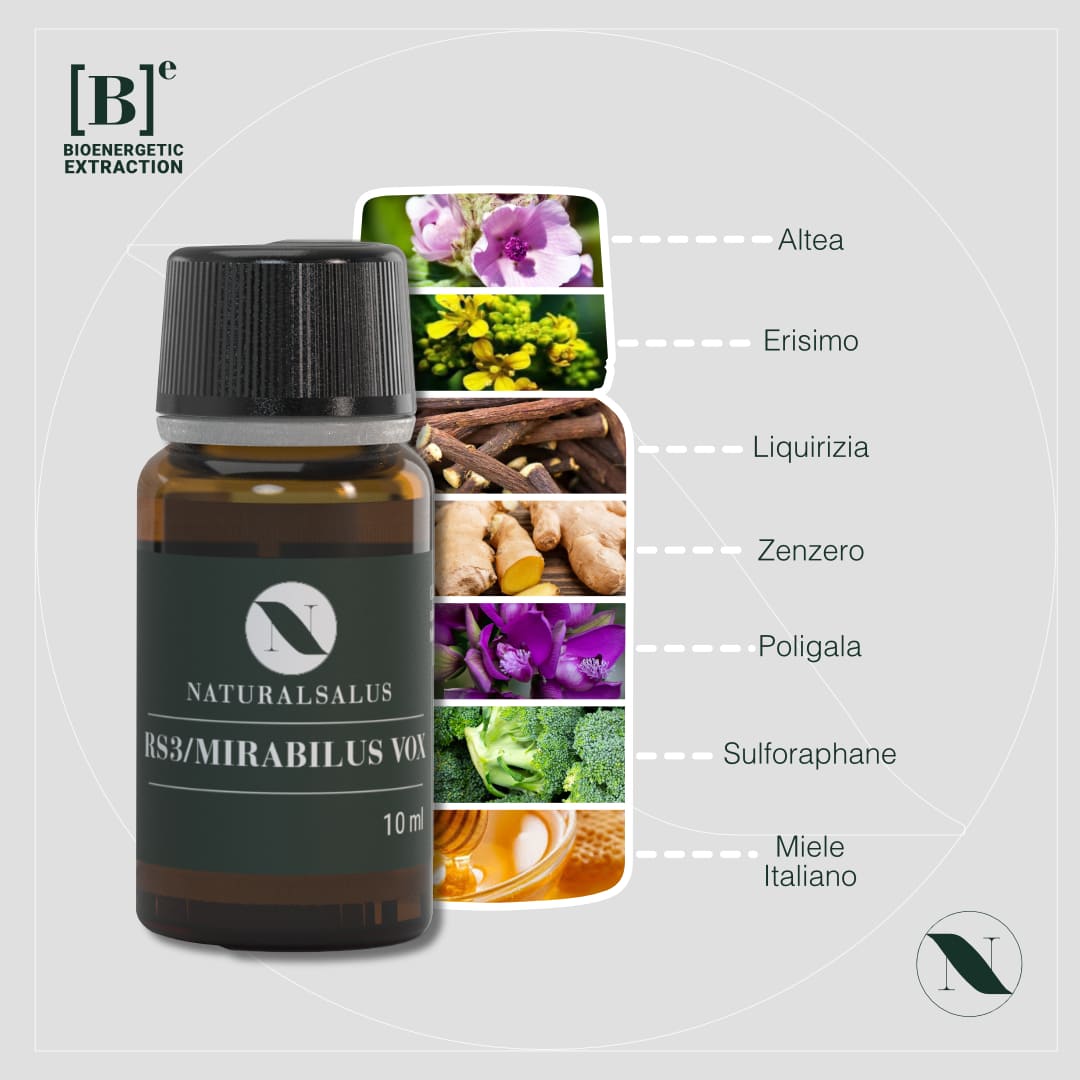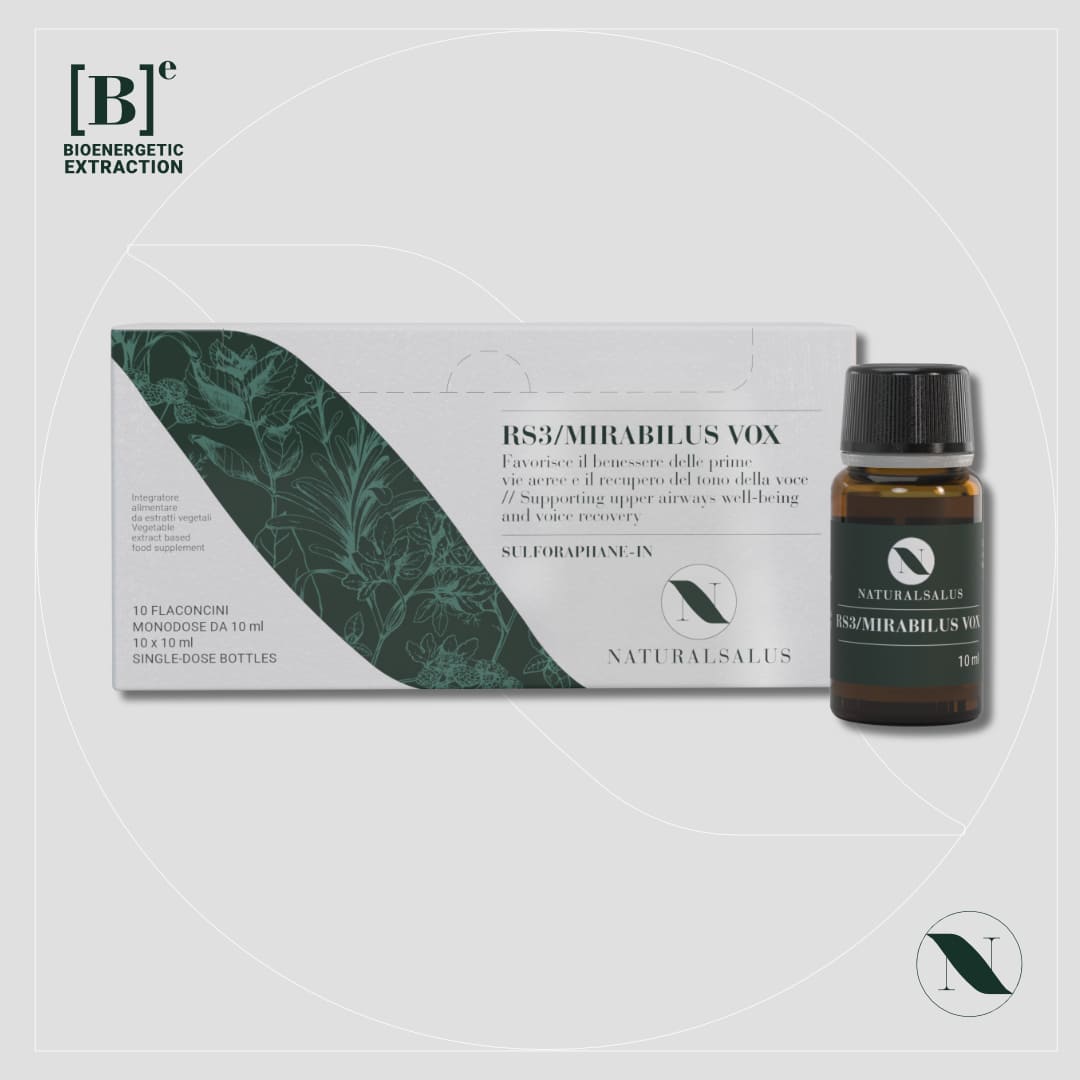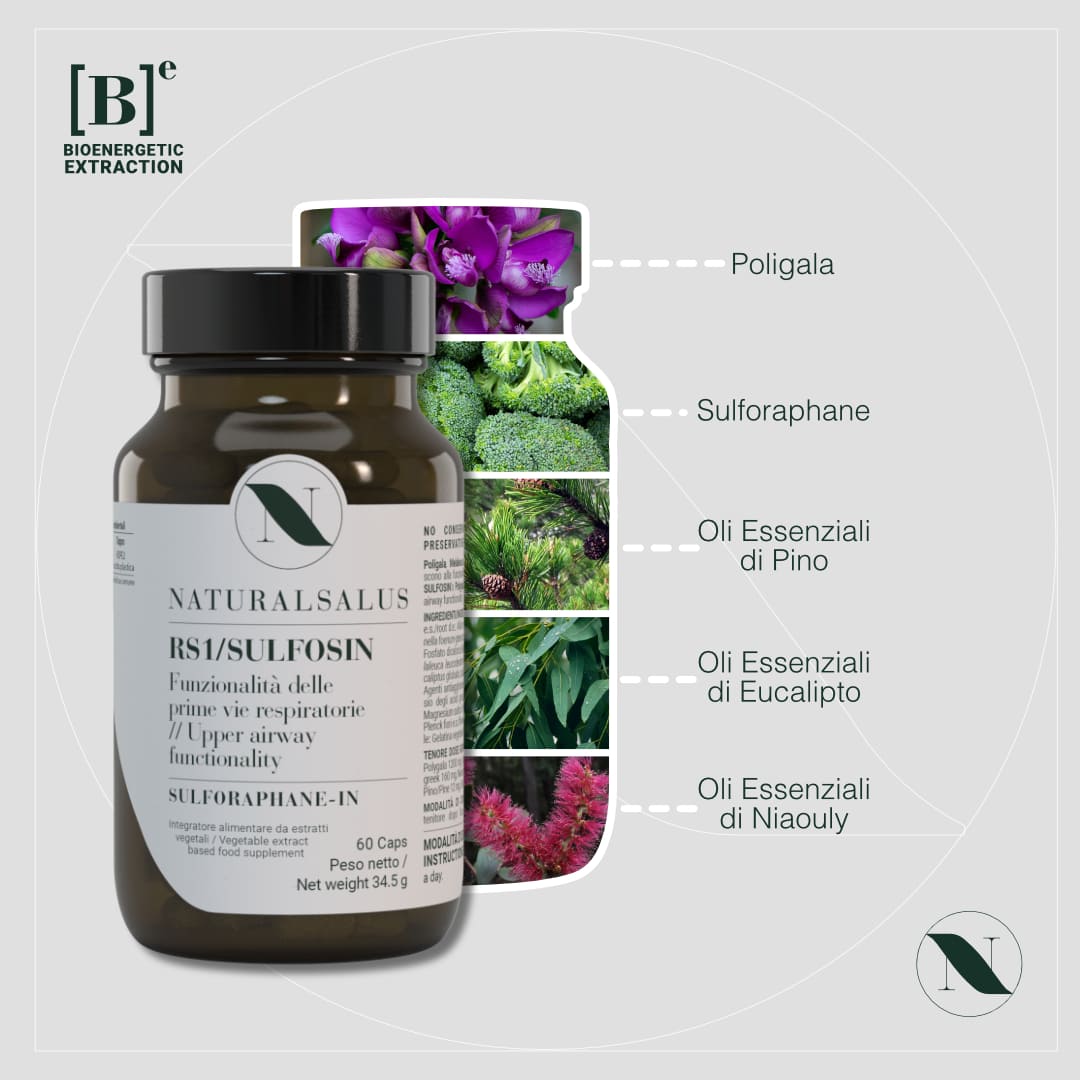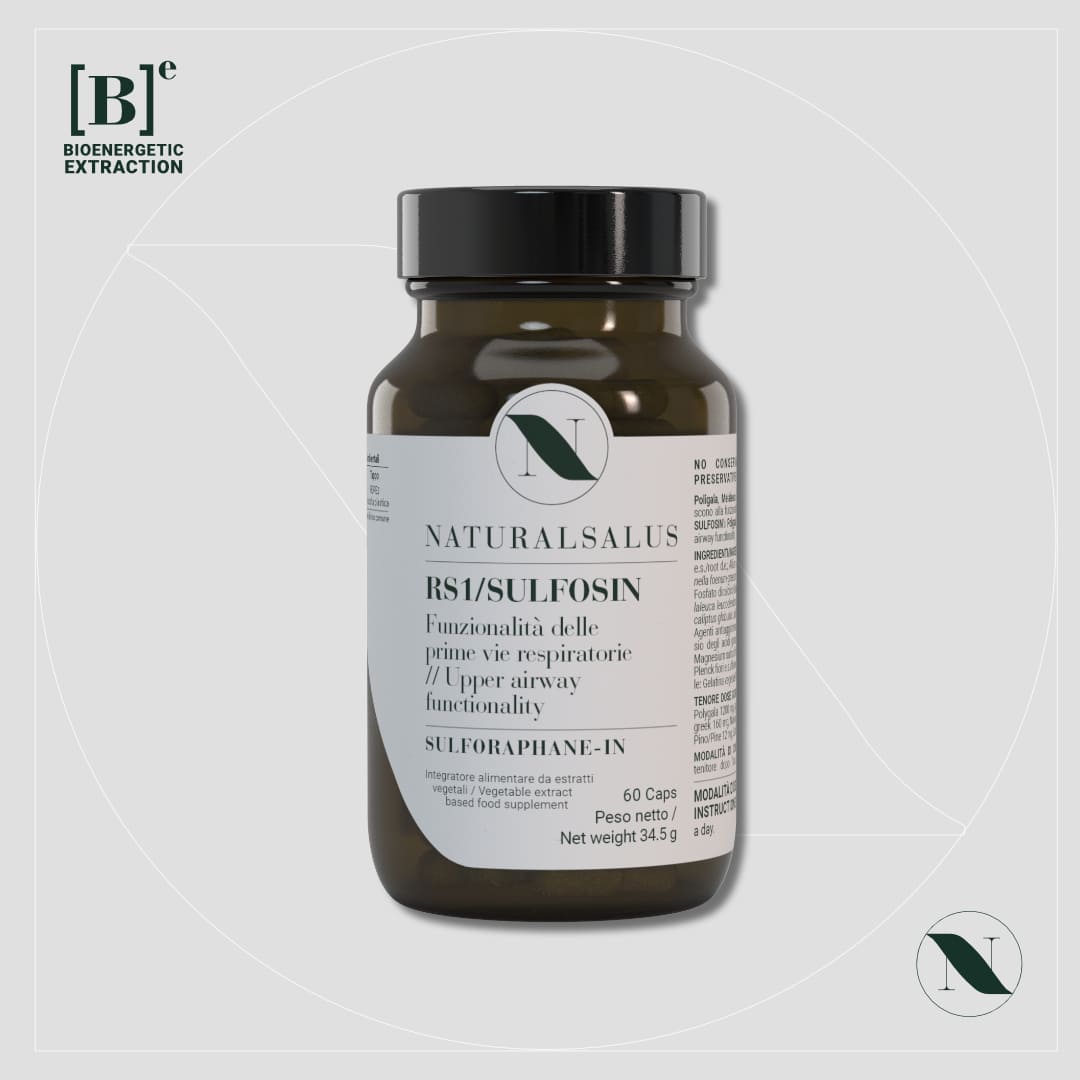When emotional stress is too high, it can lead over time to the development of sleep disorders such as insomnia.
of Dr. Giorgia Baraldo, Biologist and R&D Product Specialist at NATURALSALUS
Emotional stress is divided into two types.
Emotional stress is divided into two types: positive stress (eustress) and negative stress (distress). It may seem counterintuitive, but a certain level of stress is important for staying active. Perceiving a situation as stressful rather than stimulating is a very subjective feeling. However, when the level of stress is too high to bear or its duration is too long, its perception can have negative effects on our psycho-physical health. In particular, emotional stress consists of an overload of emotions that cause a general feeling of discomfort. Stress can be triggered by various situations such as a significant change at work, the loss of a loved one, or family problems. If this issue is neglected, over time a general restlessness and irritability arise. These moods lead to a vicious cycle where irritability results in a reduced quality of life and insomnia problems, which in turn increase one's irritability and thus emotional stress. Taking care of one's psycho-physical well-being is essential to prevent the onset of these disorders or at least alleviate those symptoms that negatively affect a person's emotional state. One of these factors that most influences our daily life is indeed insomnia.

What is insomnia?
Insomnia is a sleep disorder widespread around the world. About 10% of the Italian population suffers from this disorder. It is a condition in which people who suffer from it have difficulty falling asleep, often wake up during the night, or wake up much earlier than they intend. According to a study published by Phillips, only 47% of Italians are satisfied with their nighttime rest. People who suffer from insomnia often feel fatigued and tired in the morning when they wake up. One of the most common causes of this disorder is emotional stress. Many people do not take enough care of this factor because they accept their sleep disturbances as unchangeable. In fact, if a person suffers from it at an older age or is going through a period of increased stress, they often accept their fate. But ignoring the problem of insomnia in the long run can turn out to be more serious than one might think.
The ideal rest and the quality of sleep
The ideal rest and the quality of sleep are closely linked. In fact, it is expected that an average person spends one third of their life sleeping. Sleep is a highly important state of unconsciousness divided into precise and measurable phases. Broadly speaking, these phases can be divided into REM phase, in which we dream, and non-REM phase. The amount of rest a person needs is very subjective and can vary with age. On average, an adult needs from six to eight hours of sleep per night. Healthy and balanced rest is dictated by the sleep-wake phases, which in scientific jargon is called circadian. These two phases can be distinguished by a change in well-defined physiological conditions. When we fall asleep, various hormones are inhibited and released in our body. In particular, a molecule, melatonin, is known to be one of the most important molecules involved in nighttime rest. This molecule is eliminated during the day through the presence of sunlight.
A natural solution to insomnia
Finding a natural solution to insomnia and sleep disorders is possible and also involves practicing correct habits. To achieve a healthy and balanced rest, it is good practice to prepare a few hours in advance with simple gestures, such as doing physical activity regularly, taking a relaxing herbal tea instead of coffee or cocoa in the late afternoon, and not using a mobile phone or computer before going to bed. Even simple breathing or yoga exercises can further contribute to a restorative sleep. It can be helpful to train the body to go to sleep and wake up at the same time every day and not to sleep too long on weekends, thus regaining one's circadian rhythm. An additional natural support from plants is called SERENIS. SERENIS is a product designed to combat insomnia by particularly addressing emotional stress, one of the main causes of insomnia. SERENIS has the advantage of not causing drowsiness or dependence. Its formulation is designed to create a state of emotional relaxation and thus promotes sleep. This formulation not only helps to regain a serene and restorative sleep but can also be applied in cases of emotional stress and difficulty concentrating during the day.
SERENIS is a natural plant-based product.
SERENIS is a 100% natural plant product with a very effective formulation for the body. The Hawthorn is a small tree that belongs to the Rosaceae family. This plant is known for its beneficial effects on the cardiovascular system and on the musculature due to its tonifying effect. Lemon Balm rebalances the nervous system and in natural medicine is known for countering anxiety states through its sedative properties. The Rhodiola is a plant that grows at high altitudes and has been used since ancient times as a remedy against fatigue and psycho-physical stress. Its anti-stress characteristics also lead to improved memory, so this plant can be used during study periods. Finally, the Passionflower is part of a family that includes almost 520 plants. Due to its sedative and calming effect on the central nervous system, it is used against anxiety states, palpitations, and to promote sleep in the natural medicine of various cultures.
Thanks to our exclusive BIOENERGETIC EXTRACTION process, the result obtained in the phytocomplex of SERENIS is not just the sum of the individual plants, but a bioenergetic product that greatly amplifies their beneficial properties and effectiveness.
Research sources
https://www.humanitas.it/sintomi/insonnia
Erwin-Josef Speckmann, Jürgen Hescheler, Rüdiger Köhling, Physiology Elsevier.
https://www.ipsico.it/sintomi-cura/stress-e-disturbi-da-stress/
Sandor Szabo, Masashi Yoshida, Janos Filakovszky, Gyorgy Juhasz. "Stress" is 80 Years Old: From Hans Selye Original Paper in 1936 to Recent Advances in GI Ulceration. Review. Curr Pharm Des. 2017;23(27):4029-4041. doi: 10.2174/1381612823666170622110046.
Andrew D. Krystal, Aric A. Prather, and Liza H. Ashbrook, The assessment and management of insomnia: an update. World Psychiatry. 2019 Oct; 18(3): 337–352. Published online 2019 Sep 9. doi: 10.1002/wps.20674.
Corriere della Sera: Sleep disorders. The sleep of Italians disturbed by technological devices.





